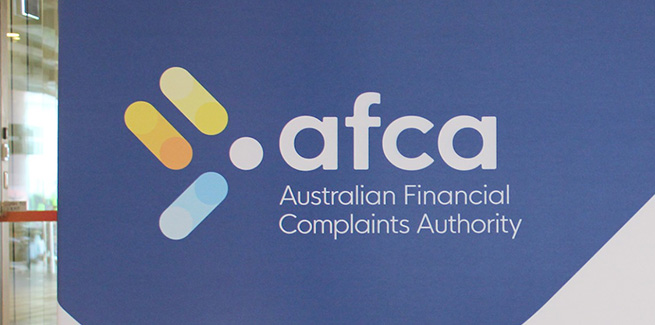The Australian Financial Complaints Authority (AFCA) has revealed that it has received over 3,180 COVID-19-related financial complaints since the virus was declared a pandemic in March.
Around 45 per cent of these complaints were made relating to the banking and finance sector, a total of 1,430 complaints, with 680 of those being made in relation to customers experiencing financial difficulty.
A vast majority – a total of 1,166 – of the complaints made in the banking and finance sector since March were made by customers in relation to credit products.
Most of the 3,180 total complaints lodged with the complaints body since March have been regarding loan break costs, disputed transitions, requests to extend payment terms, denial of travel insurance claims and delays in the early release of superannuation, according to AFCA.
AFCA also claims that a large number of initial complaints were being made regarding customer service, as phone lines at financial institutions became quickly tied up with COVID-19-related queries and concerns.
The body also noted an influx in complaints made regarding “break costs”, as borrowers look to discard their fixed-term rate for a cheaper alternative and are informed of the fees involved. AFCA confirmed that its stance on break costs has not changed due to COVID-19, and there is no expectation for lenders to waive loan break costs.
Speaking to members at an online forum on Tuesday, chief operating officer Justin Untersteiner urged financial firms to provide early, proactive communication with consumers following an increase in complaints relating to COVID-19.
“Many of these complaints result from poor communication, where a consumer has trouble contacting their firm, does not understand their policy, or is confused about the information they receive,” he said.
“To support consumers, we encourage financial firms to ensure their contact details and resources are visible and accessible and allow for genuine engagement with customers to resolve issues early on.”
Mr Untersteiner said AFCA anticipates that it will be receiving more financial difficulty complaints in the next six to 18 months, as temporary measures, such as mortgage repayment deferral periods and government assistance, expire.
“We expect to see more complaints from vulnerable consumers or others who struggle to repay mortgages or other debts as government and sector support initiatives come to an end,” he said.
“This won’t just be an issue for banking and finance, many will turn to their insurance policies to look for help, and in some cases, they will not be covered, which will lead to disputes.”
“We also expect to see an increase in responsible lending complaints, disputes relating to scams, and a rise in business interruption insurance complaints, and additional complaints relating to early access to superannuation from June to September.”
Mr Untersteiner concluded: “We encourage financial firms to minimise COVID-19-related disputes by communicating with consumers early, speaking in plain English, proactively setting customer expectations around delays, reviewing internal dispute resolution processes and regularly engaging with AFCA.”
[Related: AFCA grants extension to resolve complaints]

